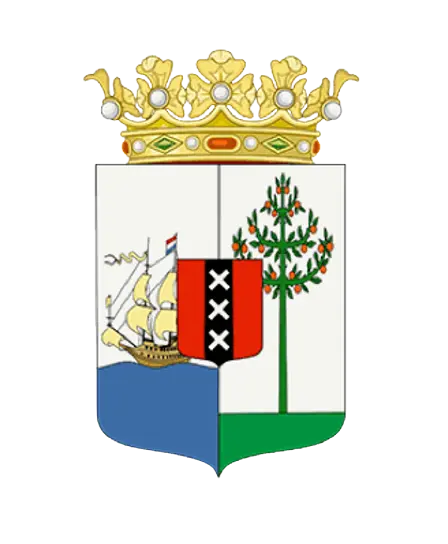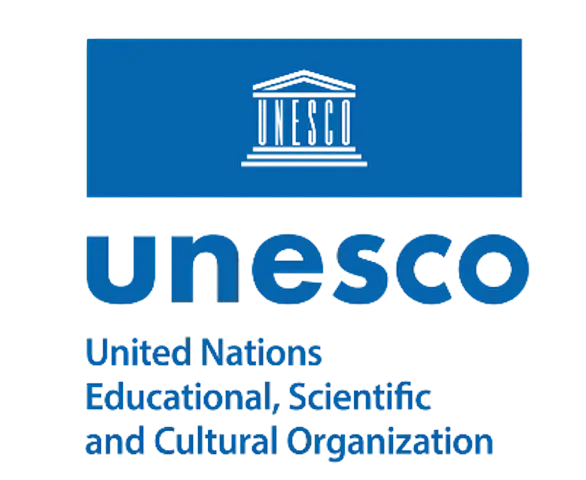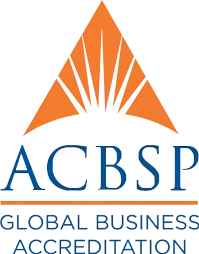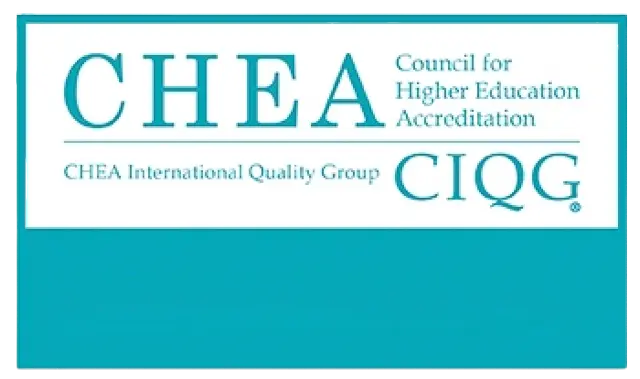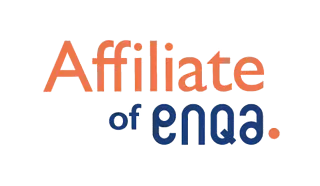Welcome to the AAC
The Accreditation Agency of Curaçao
“Ensuring that institutions of higher education in the Caribbean, Latin America, and around the world
meet the highest international recommended levels of quality.”


A quality culture in Higher Education
As the CEO of the Accreditation Agency Curacao (AAC), I am driven every day by the belief that education is a fundamental right and a key driver of growth and development. It is my commitment to promote and provide quality assurance practices that will establish a culture of excellence in Higher Education.
Our agency's policies, guidelines, and procedures are designed to challenge universities and institutions to become better educational providers and offer their students only the best. We firmly believe that by setting rigorous standards and expectations, we can drive continuous improvement and create a culture of excellence in Higher Education.
I invite you to join us on this journey toward academic excellence. Let our agency support and guide you as you strive to meet and exceed the highest standards of quality in Higher Education. We are committed to working with you every step of the way and look forward to helping you achieve your goals.
Thank you for considering our agency, and we look forward to the opportunity to serve you.
Sincerely yours,
Dmitri Nersesyan, MBA
CEO - Accreditation Agency Curacao
AAC: Now is the Future!
What makes us different?
What makes us different?
AAC standards are formed by EU and US guidelines
AAC offers Concept Accreditation
Evaluation of other Accreditation

